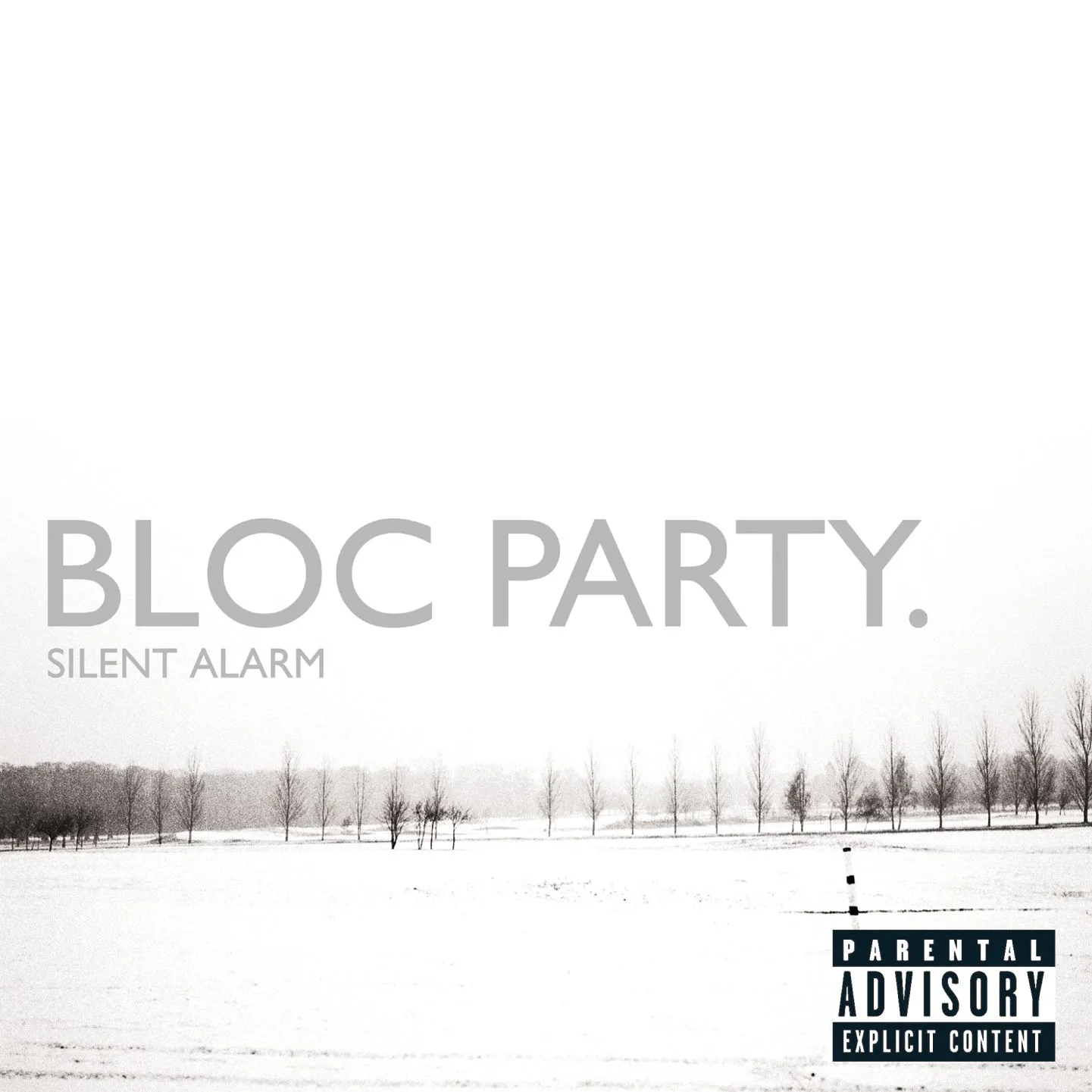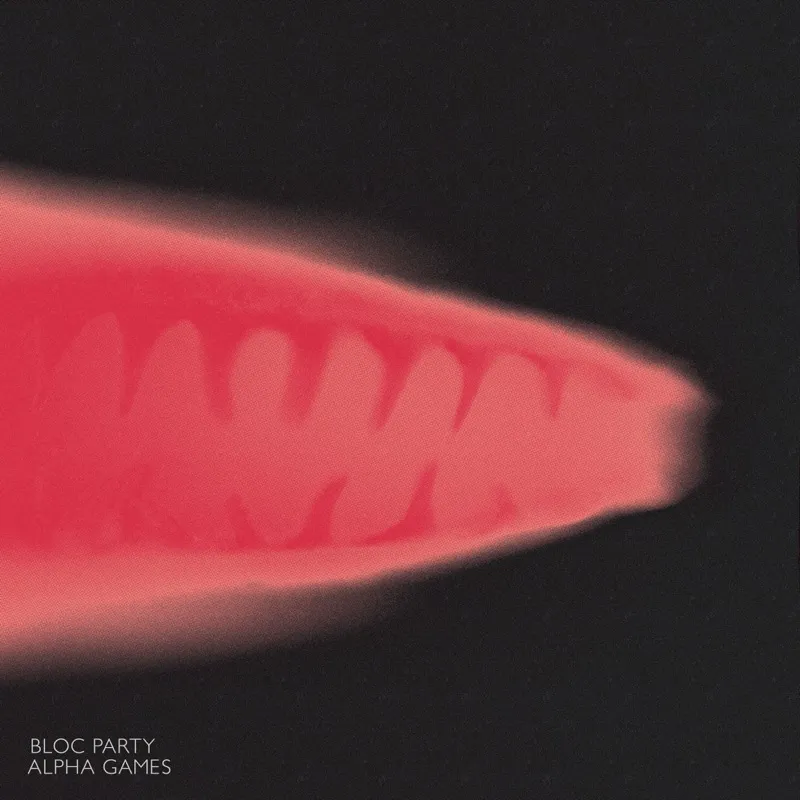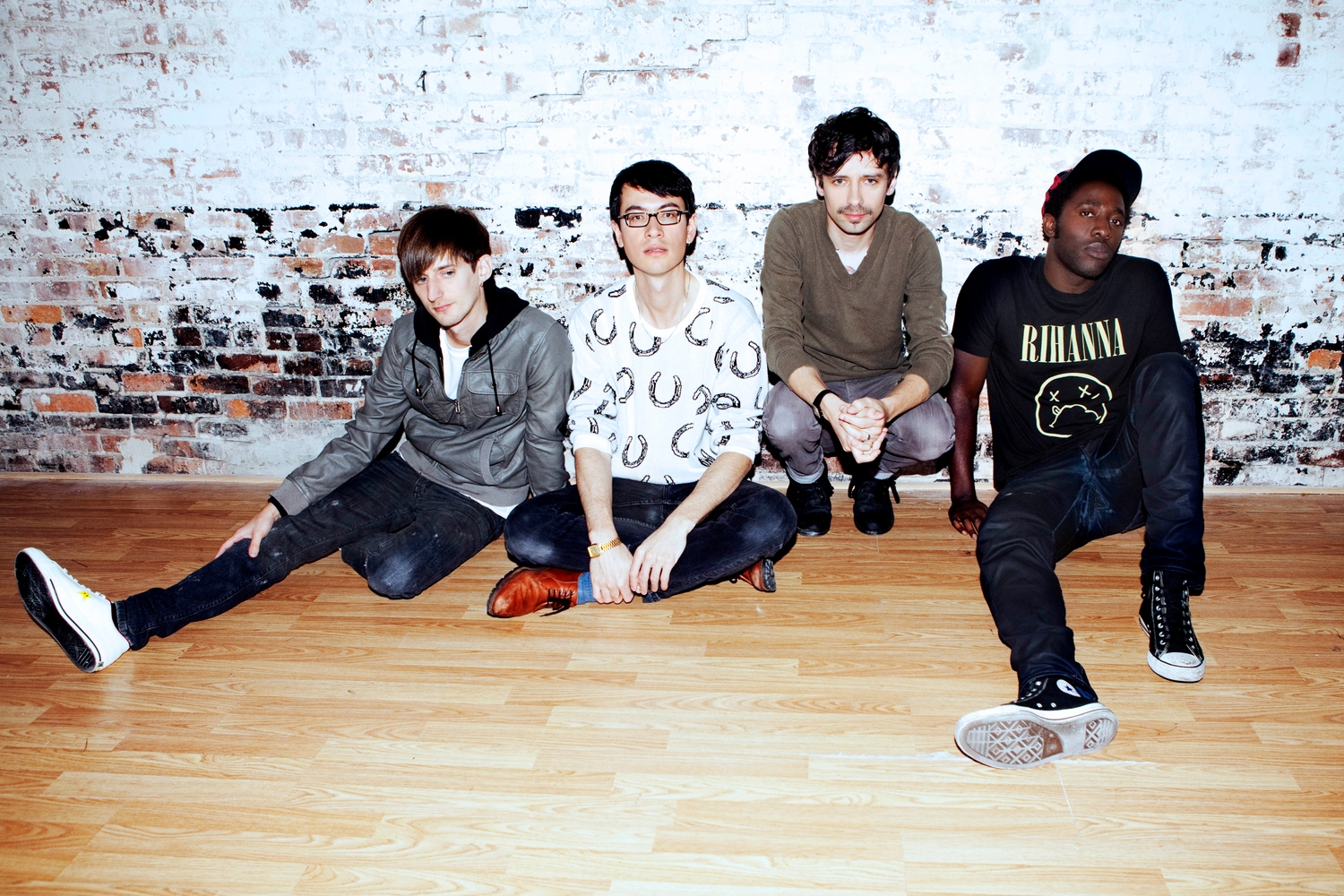
Hall of Fame So Here We Are: Bloc Party’s ‘Silent Alarm’ ten years on
A decade after the iconic record’s release, DIY traces what made Kele and co.’s first foray so memorable.
It feels almost impossible that we’re already celebrating ‘Silent Alarm’’s tenth birthday this year. Bloc Party – those perennial icons of the indie disco – remain almost every bit as vital in 2015 as they were in 2005; it seems absurd to be looking back on album that has barely left the headphones of many since its inception. And yet as Groundhog Day rolls around, and Valentine’s Day creeps ever closer, so too does the ten year anniversary of that chilling artwork, and the post-punk revolution that was housed within. Allow those aching loops that mark the start of ‘Like Eating Glass’ to wash over you, and dive into DIY’s dissection of an album that, to this day, stands proud as a defining moment in modern British music.
It was the defining buzz album of a generation
Bloc Party struck at the perfect moment As the wave of post-nineties guitar bands was about to hit breaking point, they emerged from South London with a refreshing alternative to the Strokes and Libertines worshipping du jour. Easy to lazily pin as ‘post-punk revival’, and yet unequivocally born of the 21st century, they bobbed along on a wave of critical hype and whispered word-of-mouth, before being snapped up by indie super-label Wichita Recordings for the formation of what would become ‘Silent Alarm’. That iconic artwork soon became impossible to avoid. It transcended scenes, genres and the critical-commercial divide with aplomb, landing the record endless acclaim, a number three chart placement and a platinum certification within a year. As Bloc Party instantly graduated from sweaty London basements to unifying festival slots, ‘Silent Alarm’ became a clear triumph of the decade.
Pioneers with Plans
While it was birthed from the bubbling post-Strokes indie scene, ‘Silent Alarm’ was far from a straightforward guitar record. Built around an almost obsessive love of rhythm and groove, the subtleties of many of the group’s inflections owed more to dance music than the guitar-led scene they emerged from. Iconic sticksman Matt Tong’s stripped-back-yet-flourishing grooves owe much to the four-to-the-floor nature of club music, and gives tracks like ‘Positive Tension’ a dancefloor sensibility which – combined with Kele and Russell’s combined love of house and disco – offered a refreshing alternative to their contemporaries’ efforts.
Talking last year about breakthrough hit ‘Banquet’ (above), Kele and producer Paul Epworth listed influences as widespread as Adam Ant, Pixies and New Order in their deconstruction of the single. The later-released (and admittedly slightly patchy) ‘Silent Alarm: Remixed’ even saw contemporaries like Four Tet and Erol Alkan (below) lead the record down the sort of electronic paths most Camden-dwelling guitarists would never dare to tread at the time. In a musical world increasingly dominated by The Libertines and their immediate coattail riders, it was that wider scope of influence that helped ‘Silent Alarm’ defy categorisation and cross boundaries.
They barged through ingrained industry prejudices
Amongst the sea of laddish white men with guitars that was increasingly beginning to plague indie rock’s evolution, Bloc Party offered something different. It would be trite to cite the colour of Kele and Matt’s skin as defining of ‘Silent Alarm’, but as their photos began to interrupt the culturally white-washed magazine pages of the time - positioning Kele as the reluctant poster boy for the indie scene - he provided a voice and platform for those who had been otherwise marginalised in the media’s representation of rock. In an op-ed written for Thump last year, Kele spoke of the “predominantly straight white male world” they entered into with the release of ‘Silent Alarm’; one which many claimed would prevent Bloc Party from finding their feet. The success ‘Silent Alarm’ garnered is proof that – even as we still exist in a world where Ed Sheeran is considered the most influential figure in ‘black music’ – it’s passion and adoration that will always prevail over industry prejudices.
Timely frustrations and positive tension…
Its emergence at the mid-point of the 00s granted ‘Silent Alarm’ a knowing urgency. Tracks dedicated to George W. Bush’s questionable War On Terror were abound – “just like his dad – the same mistakes” came Kele’s barbed response to the U.S.’ return to Iraq on ‘Helicopter’ – and it fizzed with the unrest of a world defined by disquiet.
NME’s description of Kele’s vocal delivery as carrying a “’there’s a bomb on the bus!’ urgency” seems eerily prophetic for a review of a record released just five months before the July 7th London bombings, but it’s that very boiling-point unease that threads throughout ‘Silent Alarm’. Flirting with barbed fury and brooding electronics in almost equal measure, ‘The Price Of Gasoline’’s frenzied cries of “war, war, war, war, war, war, war!” sit near the hazy end-note of ‘Compliments’ and its reflections on a generation of apathy. It was – and indeed, still is, - an uncomfortably relatable listen, and it’s all the more memorable for it.
…with a musical timelessness
To this day, ‘Silent Alarm’ stands out as an essential listen. Future endeavours may have seen Bloc Party delve deeper into their electronic tendencies, but their debut still marks a line in the sand of indie’s evolution. Its rhythmic influence is undoubtedly threaded through every British guitar band since, and yet it houses a timeless quality that has yet to be imitated with anywhere near the levels of vitality ‘Silent Alarm’ possesses. For that reason, its achingly 21st century outlook on music, culture and personal frustrations looks set to remain atop the listening pile for at least another decade to come.
Read More
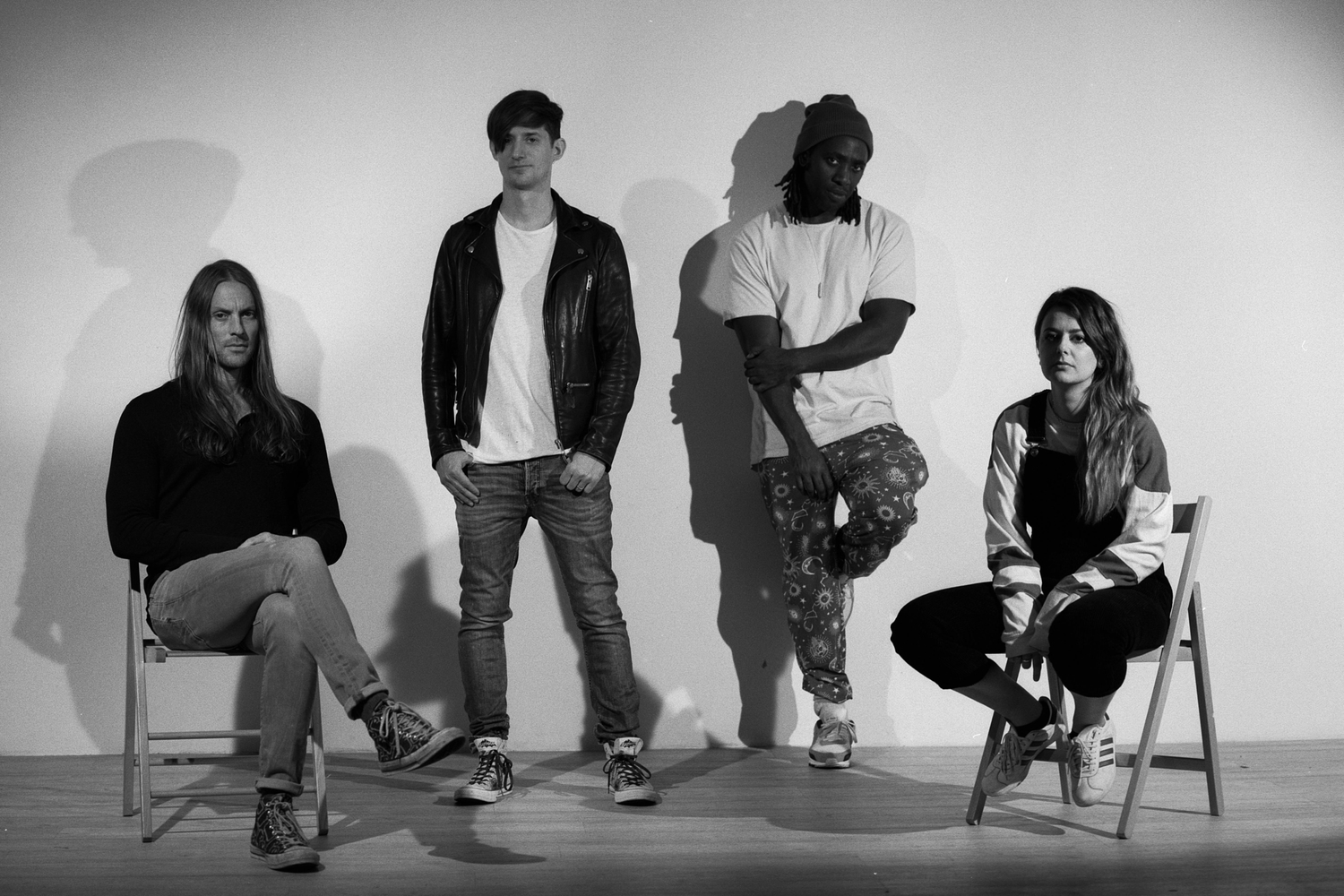
Bloc Party announce biggest show to date at London’s Crystal Palace Park
They'll be joined by The Hives, Friendly Fires, The Mysterines and Connie Constance.
6th December 2023, 11:47am
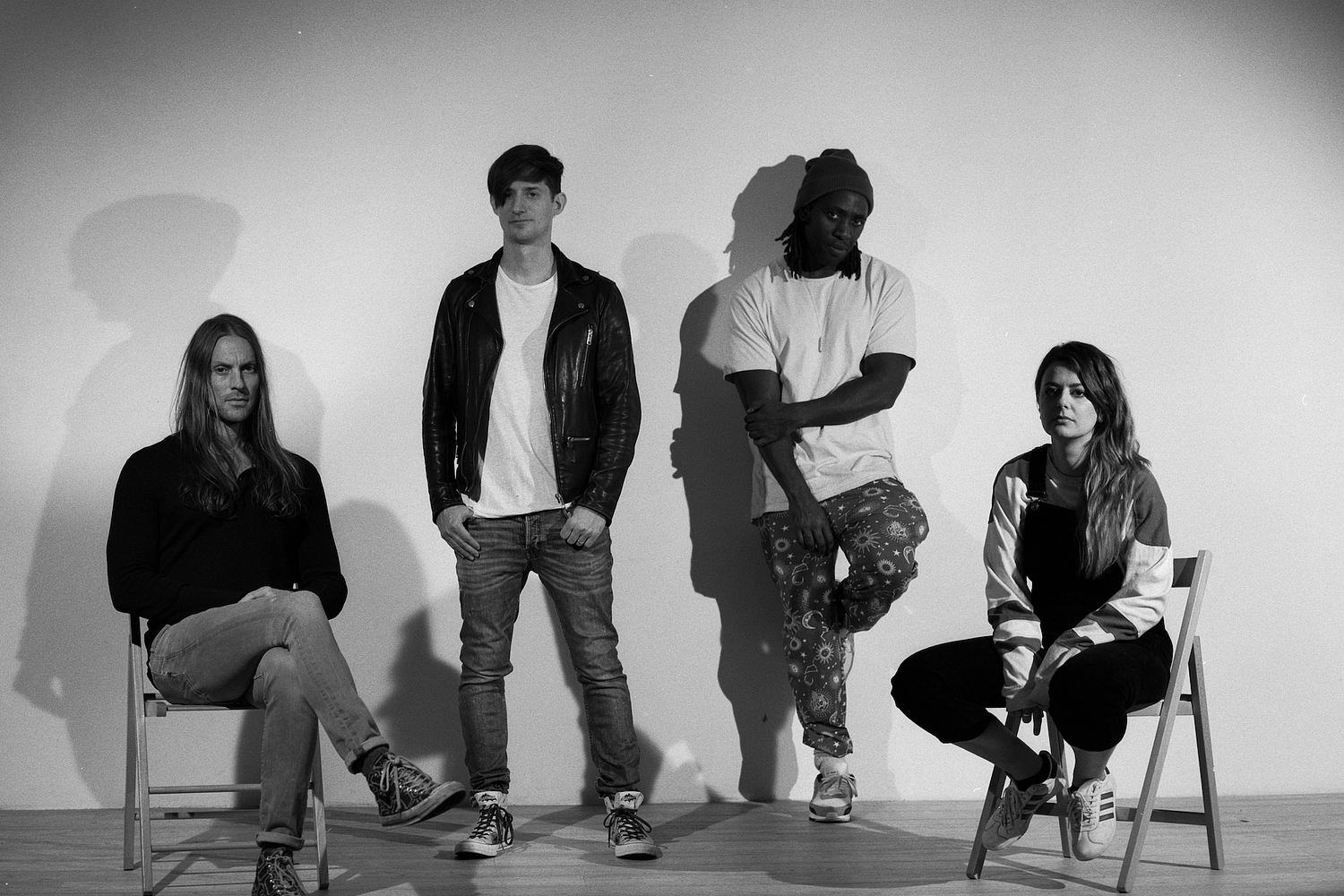
Bloc Party - The High Life
4 Stars
As intricate, emotional and dextrous as ever, it seems being a little less serious suits Bloc Party after all.
19th July 2023, 7:58am

Bloc Party announce new EP ‘The High Life’
Their latest EP will land next month, and will include their recent collaboration with KennyHoopla.
22nd June 2023, 9:46am

Bloc Party release new single ‘Keep It Rolling’ featuring KennyHoopla
It is the band's first ever collaboration with another artist.
2nd June 2023, 1:32pm
With Bob Vylan, St Vincent, girl in red, Lizzy McAlpine and more.
